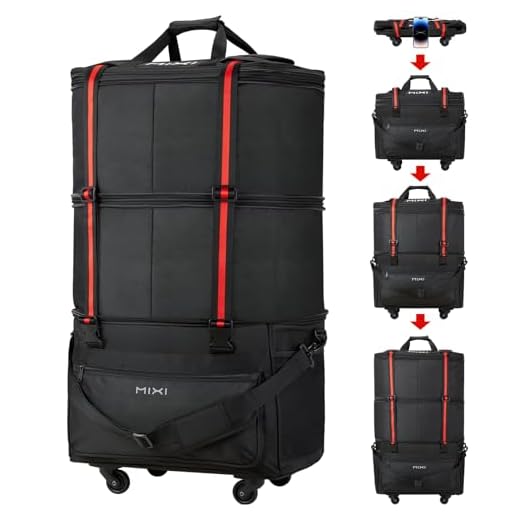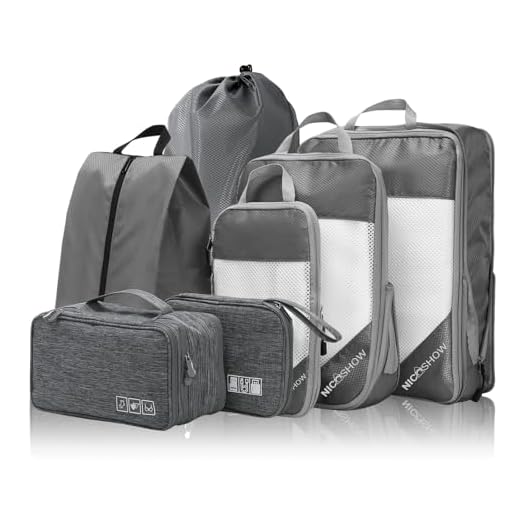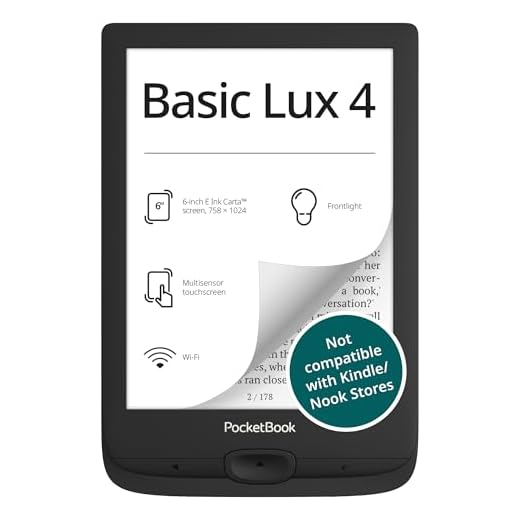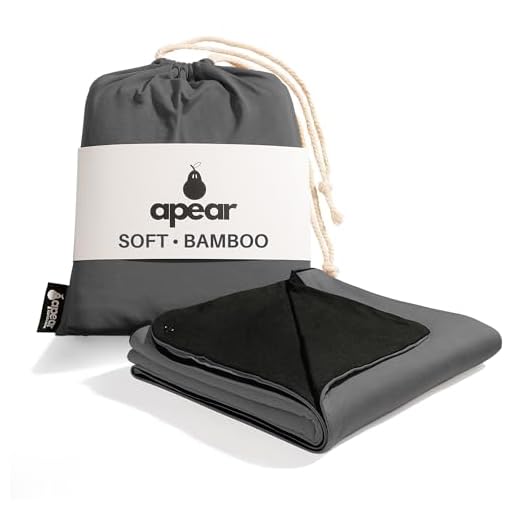



Limit the contents to what truly matters. Create a list of indispensable items, focusing on versatile clothing that can serve multiple occasions. Opt for lightweight fabrics and neutral colors, allowing for easy mixing and matching.
Utilize space wisely by rolling garments instead of folding them. This technique minimizes wrinkles and maximizes storage. Packing cubes can further compartmentalize clothing, providing easy access and organization.
Prioritize packing shoes with care. Place them at the bottom of the case to act as a foundation. Use the space within shoes to store smaller items, like socks or chargers, optimizing every square inch.
Include travel-sized toiletries in a clear, resealable pouch. This ensures compliance with regulations and simplifies the security check process. Consider multitasking beauty products to reduce the number of items required.
Finally, secure any valuables or important documents in an easily accessible pocket. This ensures they are readily available when needed and reduces the risk of loss during transit.
Packing Strategy for a Single Bag
Begin with a checklist to categorize items. Prioritize essentials: clothing, toiletries, and important documents. Limit clothing to versatile pieces that can be mixed and matched.
Optimizing Space
- Roll clothing instead of folding to save space.
- Utilize packing cubes for organization and compression.
- Stuff shoes with socks or other small items to maximize capacity.
Ensure that toiletries are in leak-proof containers and stored in a resealable bag for easy access during security checks if necessary.
Efficient Use of Weight
- Choose lightweight items: opt for nylon or polyester fabrics.
- Weigh your bag early to avoid excess baggage fees.
- Prioritize multi-use items, such as a sarong that serves as a beach towel and a cover-up.
Secure all belongings strategically, placing heavier items at the bottom and lighter ones on top. Consider the order of access for frequent items to streamline your daily routine.
Choosing the Right Luggage for Your Move
Select a suitcase that meets airline regulations for carry-on or checked baggage. Understand your needs regarding capacity, durability, and weight. Hard-shell designs offer better protection for fragile items, while soft-sided options can provide flexibility in storage.
Size and Capacity
Opt for medium-sized bags for extended trips; these offer adequate space without becoming cumbersome. A 25-27 inch suitcase balances spaciousness with manageability. If staying under specific weight limits is a concern, choose a lightweight model to maximize packing potential.
Features and Functionality
Look for luggage with multiple compartments for organization. Expandable sections can accommodate extra items if needed. Smooth-rolling wheels and an ergonomic handle improve transport ease. Water-resistant materials help protect belongings from spills or moisture.
Maximizing Space: Folding Techniques and Packing Order
Begin with rolling garments instead of traditional folding. This method not only saves space but also minimizes wrinkles. Start with lighter items like t-shirts and move towards bulkier pieces such as sweaters and jackets.
Strategic Folding Methods
Use the “flat fold” for structured clothing items. Lay the garment face down, fold the sleeves inward, and then proceed to fold from the bottom up into thirds. This approach helps retain shape.
Consider the “bundle wrap” for delicate fabrics. Group clothing by type and layer them with softer items like scarves or towels to prevent friction. This technique preserves fabric integrity and maximizes available area.
Efficient Packing Sequence
Place heavier items at the bottom, creating a stable base. Add shoes at corners or along the edges to utilize every inch. Soft items like sweaters and accessories can fill gaps, ensuring no voids remain.
Use small bags for toiletries and other essentials. Store these atop clothing for easy access. This organization method keeps frequently needed items within reach while maintaining an orderly arrangement.
Finally, finalize with a thorough check. Ensure all compartments are filled and redistribute weight as necessary to maintain balance. Following these steps cultivates an organized and space-efficient travel experience.
Essential Items for Short-Term and Long-Term Needs
Prioritize comfort and convenience by including versatile clothing items suitable for varying occasions. Select a mix of tops and bottoms that can be layered or easily combined for different looks, minimizing the number of pieces. Opt for a lightweight jacket that transitions well between seasons and activities.
Include appropriate undergarments, sleepwear, and accessories like belts and scarves, as these can enhance outfits without taking up significant space. Choose lightweight, quick-drying fabrics for versatility and ease of care.
Toiletries should be travel-sized where possible, focusing on multi-use products, such as a conditioner that doubles as a leave-in treatment. Ensure to pack necessary medications and a basic first-aid kit; these contribute to comfort and health essentials.
A portable charger and a universal power adapter guarantee connectivity for both personal and professional needs. Don’t forget a pair of reliable shoes suited for multiple situations–consider a casual pair and a more formal option.
For entertainment, a compact e-reader or a portable gaming device allows for relaxation without occupying much space. Lastly, include important documents in a waterproof folder to keep them organized and protected during transit.
Minimizing Weight: Tips for Selecting Lightweight Alternatives
Prioritize lightweight materials. Choose clothes made from synthetic fibers such as polyester or nylon, which provide durability without the extra weight. These options can significantly reduce the heaviness of your belongings.
Essential Lightweight Items
Focus on versatile items that serve multiple purposes. For instance, a travel blanket can double as a beach towel or a picnic mat. Similarly, consider multifunctional gadgets like a compact, lightweight umbrella that is optimal for outdoor events; check out the best umbrella for football games.
Smart Packing Choices
Minimize toiletries by selecting travel-sized containers or solid alternatives, such as shampoo bars. Opt for lightweight footwear, like sandals or slip-ons, that occupy less space and weigh significantly less than bulkier options.
| Heavy Item | Lightweight Alternative |
|---|---|
| Denim jeans | Linen or cotton pants |
| Glass bottles | Collapsible silicone bottles |
| Heavy winter coat | Insulated down jacket |
| Regular dish soap | Lightweight dish soap concentrate; consider the best auto soap for pressure washer for multi-use |
Select lightweight alternatives with care. This approach not only saves weight but also ensures that every item is functional and practical for your needs.
Organizing for Security: Best Practices for Keeping Valuables Safe
Utilize a tamper-proof lock for your bag to secure your possessions during transit. Locks serve as a deterrent against theft while traveling.
Place high-value items such as electronics, jewelry, and important documents in an inner compartment or a dedicated pouch. This makes it more difficult for anyone to access them without your notice.
Wrap fragile valuables in clothing items, creating an additional layer of protection. Utilize bubble wrap or padded cases for sensitive gadgets to minimize the risk of damage.
Maintain a digital inventory of your possessions, including photographs and receipts. This documentation is invaluable for reporting lost or stolen items.
Use RFID-blocking pouches for credit cards and passports to protect against electronic theft. Such measures enhance your security against unauthorized scanning.
Consider traveling with a portable safe for your most important items. Small, lightweight safes can be secured to fixed objects, providing peace of mind.
Keep valuable items with you rather than in checked baggage. A carry-on approach ensures closer monitoring of your possessions throughout travel.
Be aware of your surroundings at all times, particularly in crowded areas or public transportation. Trust your instincts and move to a safer location if anything feels off.
Utilize discreet and less obvious bags for carrying valuables to avoid drawing attention. A backpack or messenger bag may appear more casual than a high-end designer piece.
Limit access to personal information, particularly online. Use encrypted storage solutions for sensitive documents and consider two-factor authentication for your accounts.









